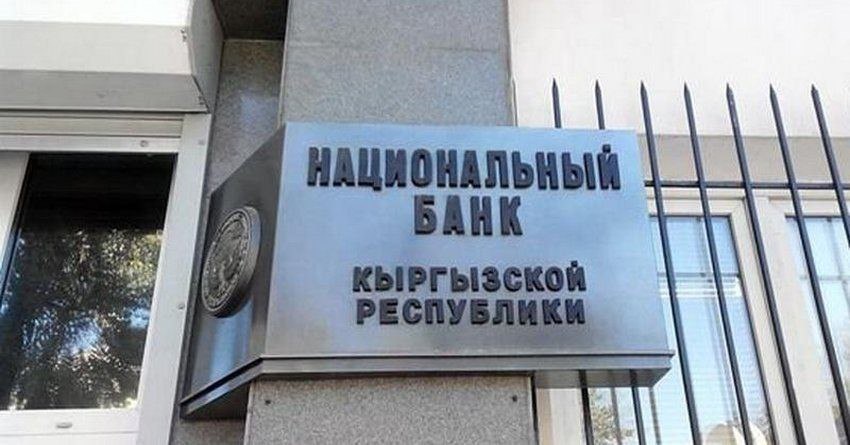The Central Bank of Uzbekistan significantly increased its gold reserves in November, marking its first gold purchase since July 2024, according to Spot and data from the World Gold Council (WGC).
Global central banks collectively made net gold purchases of 53 tonnes in November, continuing the strong buying trend observed throughout 2024. The WGC noted that the decline in gold prices, partly influenced by the U.S. presidential elections, may have further encouraged gold accumulation by regulators.
Leading the list of gold buyers was the National Bank of Poland, which added 21 tonnes to its reserves, bringing its total to 448 tonnes. Poland also emerged as the largest buyer of precious metals in 2024, purchasing 90 tonnes over the year.
The Central Bank of Uzbekistan ranked second globally in November, purchasing 9 tonnes of gold. This marked its first increase in gold reserves since the summer and brought its annual net gold purchases to 11 tonnes. As of the end of November, Uzbekistan’s total gold reserves stood at 382 tonnes.
The Reserve Bank of India ranked third with 8 tonnes purchased in November and 73 tonnes accumulated throughout the year. Other notable buyers included Kazakhstan and China (5 tonnes each), Jordan (4 tonnes), Turkey (3 tonnes), the Czech Republic (2 tonnes), and Ghana (1 tonne). Singapore was the largest seller of gold during the month, offloading 5 tonnes.
As previously reported by The Times of Central Asia, Uzbekistan’s international reserves experienced a decline in November. The Central Bank of Uzbekistan reported a $1.7 billion drop, or approximately 3.9%, reducing total reserves to $41.5 billion as of December 1.









